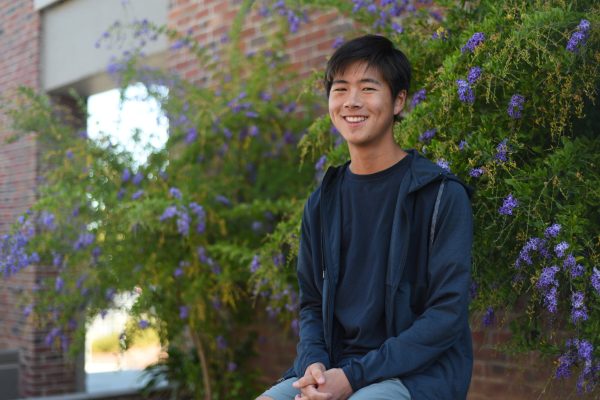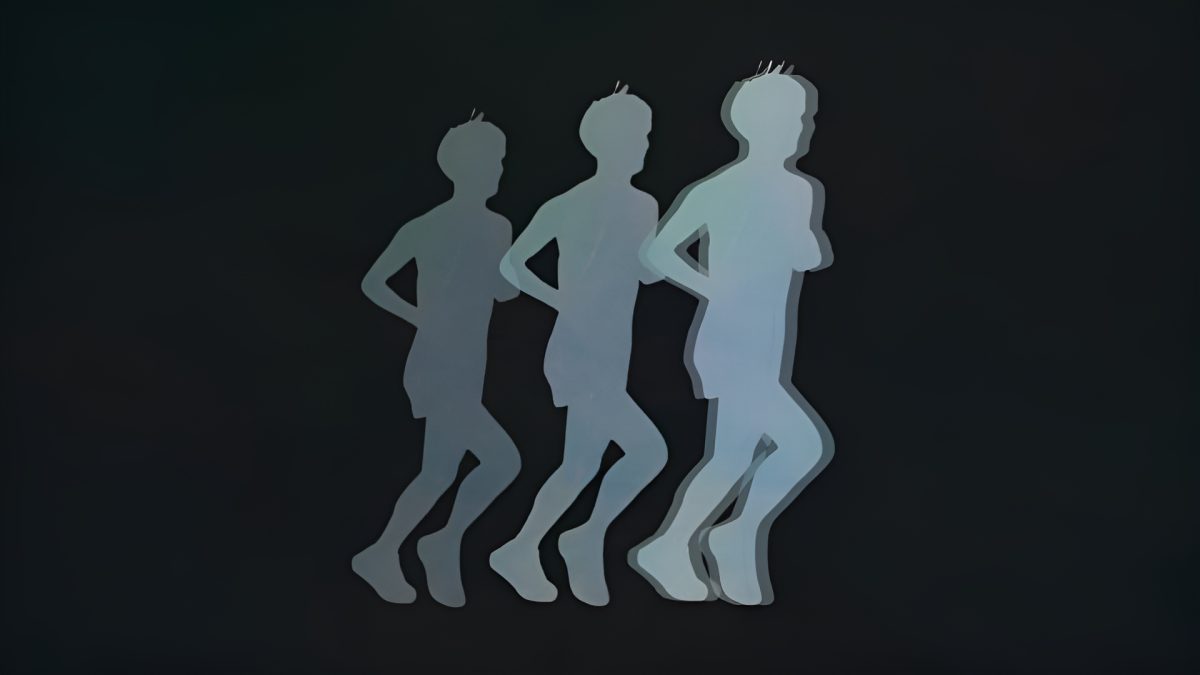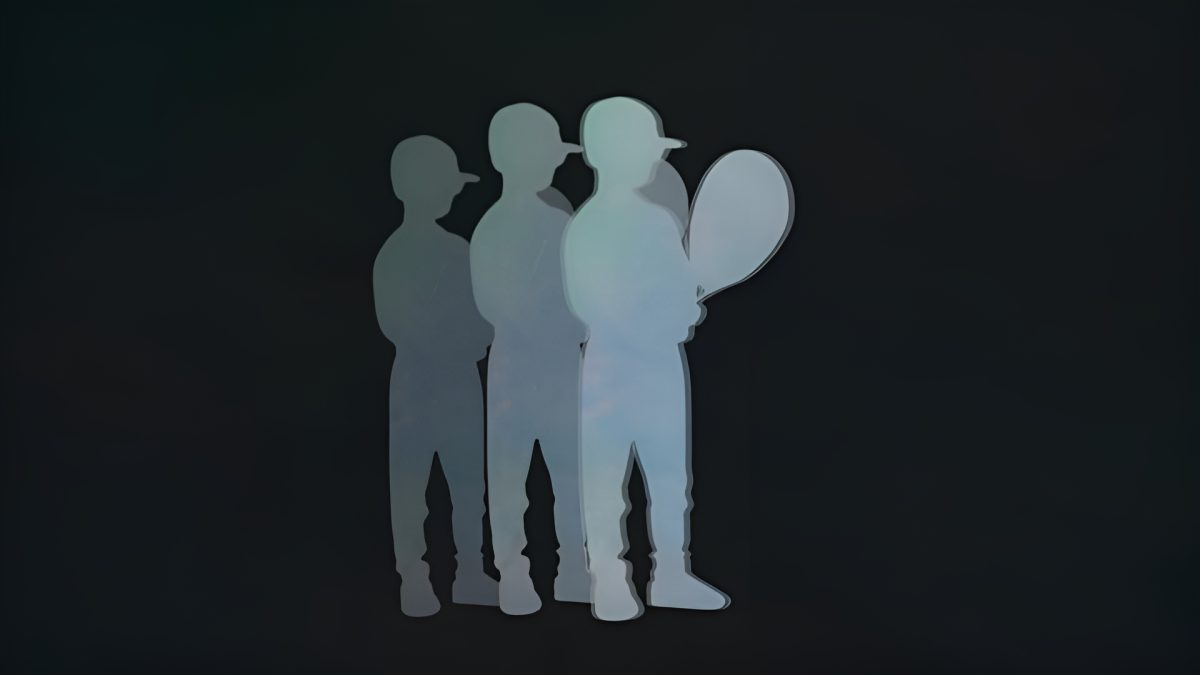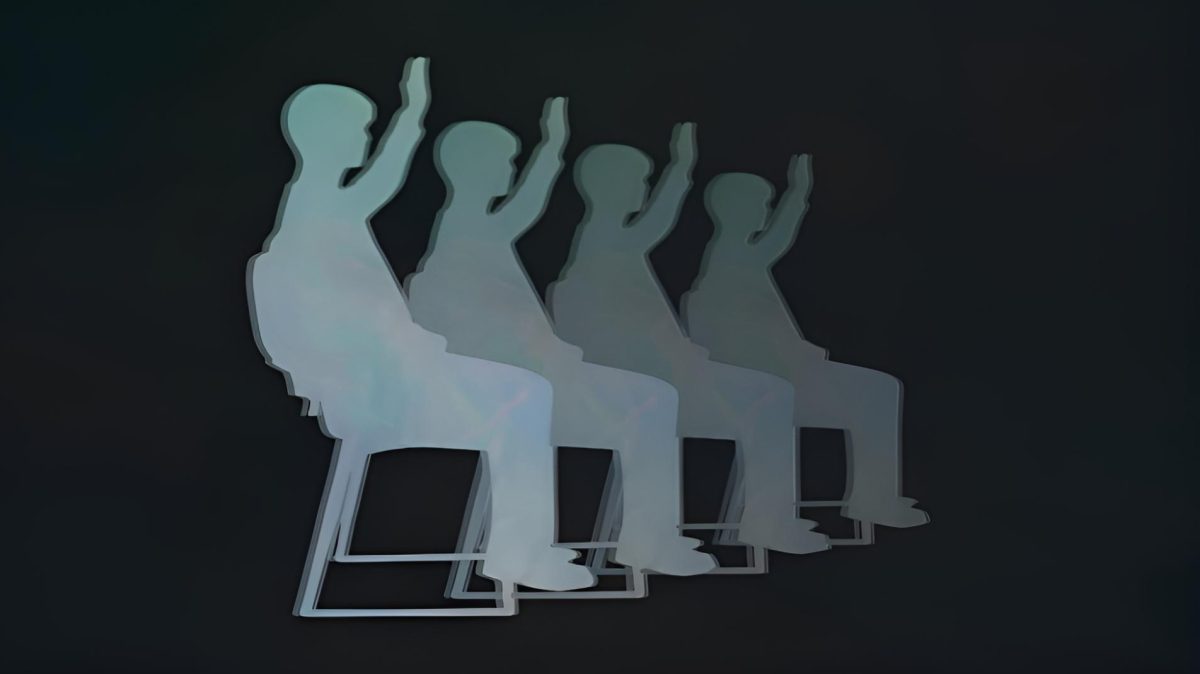My sister, brother and I often bicker about who among us is the highest-maintenance child. We jab back and forth at each other, listing embarrassing moments where we each demonstrated some lack of self-sufficiency. In the end, however, it is generally concluded that I am the highest-maintenance child, not because I’m stuck up, demanding or clumsy, but because of my many food allergies.
Since the day I was born, I’ve been deathly allergic to wheat, dairy, eggs, nuts and oats. If I ingest any of these ingredients, my skin will develop a rash and my throat will close, limiting my breathing. As such, I’ve never tasted pizza, fried chicken or pasta in my life — that is, I’ve never tasted standard pizza, fried chicken or pasta.
My mom is a phenomenal cook. Not only is her food delicious, but she substitutes ingredients in her dishes to accommodate my allergies, all while — according to my friends — maintaining an original recipe’s authentic taste.
Whenever I leave the house, whether to school or with my family over the weekend, I bring my mom’s food in a thermos. Now and then, however, a restaurant will serve food I can eat. In these cases, my mom carefully lists my allergies to a server, asks about the menu items and makes clear the dangers of cross-contamination.
Cross-contamination has been a challenge for me and my family. Once, minutes after eating a supposedly allergen-free pizza, my throat began itching, and I started wheezing. Even though the ingredients were safe, residual wheat particles in the oven got on my pizza. Because my allergies are so severe, it’s not enough to simply avoid eating foods I’m allergic to.
This was especially burdensome when I was in elementary school. Back then, I was touch-sensitive, meaning that if my skin made contact with an allergen, I’d react. My parents worked with the principal and school nurse to implement a 504 plan, which provides accommodations to students with disabilities. A medical aide accompanied me in an “allergen-free” zone during lunch, and until fifth grade, my table was separated from the rest.
For much of my childhood, I felt highly dependent on other people. And now, frustratingly, even without needing to be monitored 24/7, I still feel over-reliant. On one occasion, my mom ordered me an allergen-free boba during a friend’s birthday party because I didn’t know how to order it in a way that ensured the drink was safe. Of course, I’m grateful my mom was there for me. But in the moment, I felt embarrassed and ashamed.
It’ll soon be my responsibility to manage not only my allergies but all aspects of my life, and I’m not sure I’m ready. As a high-maintenance person, I find it difficult to imagine a future where I must manage my business on my own.
To compensate for my allergies, I’ve tried being hyper-independent by staying on top of work and tracking my due dates, but have been overwhelmed and stressed as a result. I want to be self-sufficient but still need support. Ultimately, it helps to know someone’s got my back.
I’ve begun seeing this more and more in how I approach writing. Before I joined El Estoque, writing had always appeared to be an individualistic task. But through El Estoque’s collaborative process, I’ve learned the value of seeking support.
As we grow, we are expected to figure things out for ourselves. But we don’t need to do this alone. Independence does not mean avoiding help but acknowledging when you need it and growing as a result.
I still worry if I’ll be able to navigate the challenges of college by myself in two years. But as I continue learning how to manage my needs, I’m confident I’ll find a way. After all, while I may be high-maintenance, at least I now know how to order my own allergen-free boba.










